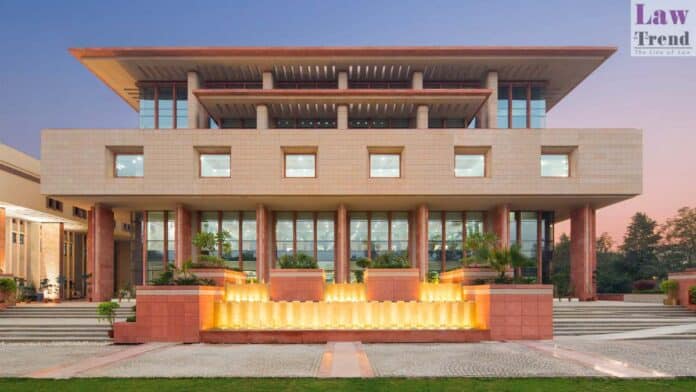The Delhi High Court has issued a stay on the suspension of seven Jamia Millia Islamia University students, originally penalized for their participation in peaceful protests. The suspension will be on hold until the next hearing scheduled for April 2. During Tuesday’s proceedings, Justice Dinesh Kumar Sharma expressed concerns over the university’s handling of the student demonstrations, describing it as “worrisome.”
The court directed the university’s Vice-Chancellor to establish a committee, which should include officials and student representatives, to thoroughly address and resolve the situation. This decision underscores the court’s intention to ensure that the university revisits its approach towards student protests and adopts more conciliatory measures.
Justice Sharma noted, “Without delving deep into the submissions of the parties, the documents presented by the petitioners show that it was a peaceful protest. Considering the young age of the students involved, the court expects the university’s administrative authorities, including its Vice-Chancellor, Dean, and Chief Proctor, to take immediate remedial actions.”
The protests, which occurred from February 10 to 13, were in response to show cause notices issued to students for their involvement in a previous demonstration commemorating the anniversary of the Citizenship Amendment Act (CAA) protests and alleged police brutality on campus in 2019. On February 12, in a controversial move, the university suspended 17 students and prohibited them from entering campus premises. Subsequently, Delhi Police detained 14 students, who were later released after nine hours.
Representing the suspended students, senior advocate Colin Gonsalves argued that the university’s actions were “highly disproportionate and unreasonable,” particularly given the peaceful nature of the protests. He accused the university of collaborating with the police, leading to the arrests, and criticized the administration for suspending the students without a proper hearing.
On the opposite side, the university’s counsel, Amit Sahani, contended that the students had not obtained permission for the protest and that their actions had no direct correlation with their academic pursuits. Sahani also mentioned that the students had caused damage to university property, which led to an FIR being registered with the Delhi Police. He highlighted that some students had inappropriately slept outside the university canteen.
The court’s decision to halt the suspension and call for a comprehensive review by a specially formed committee reflects a significant acknowledgment of the students’ right to peaceful protest. This right, the court emphasized, is an integral part of their civic education, allowing them to voice concerns lawfully and participate in civil society’s fundamental processes.




